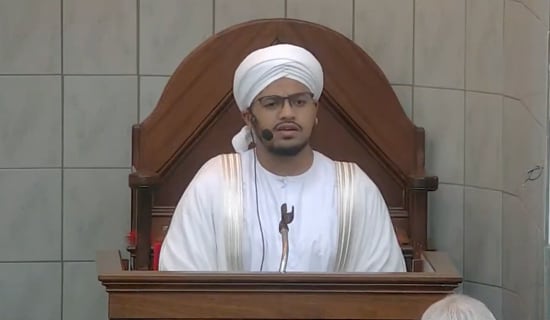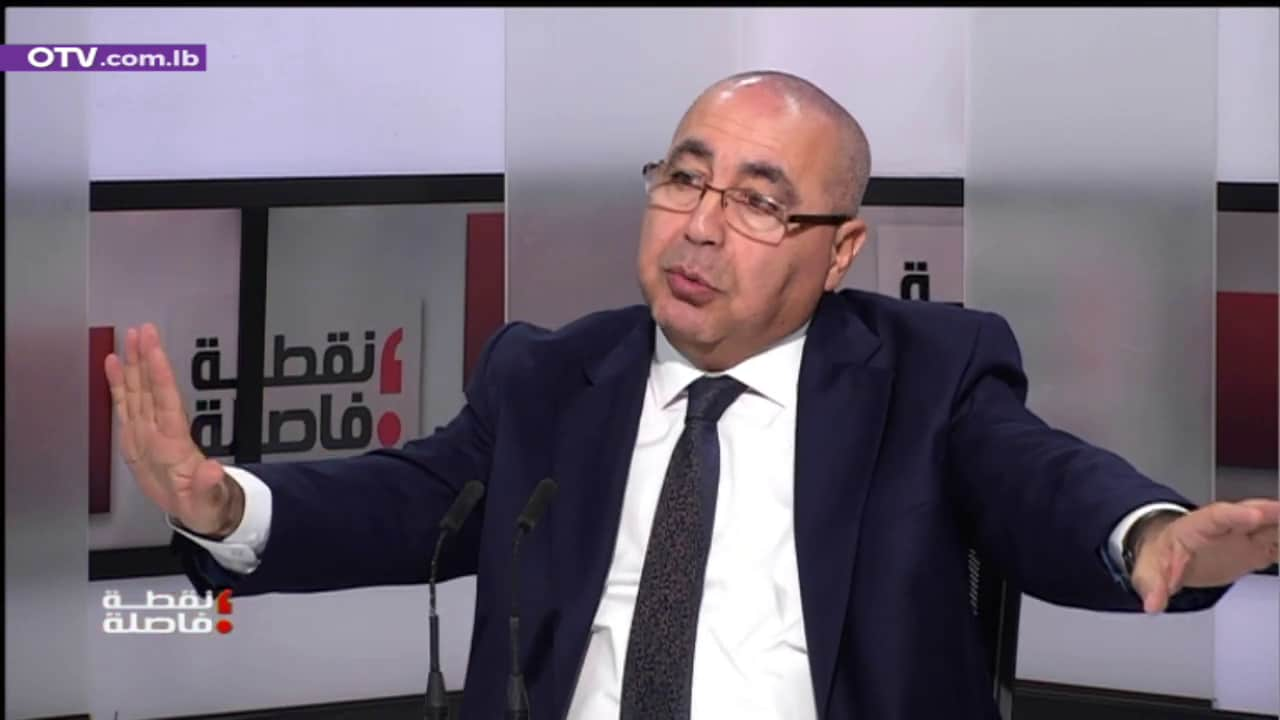
The privately owned Egyptian station Dream2 TV hosted Egyptian intellectuals for a debate about the culture of dialogue in Arab society. The following are excerpts:
'Issam Sultan, Egyptian Society for Culture and Dialogue: From childhood to adolescence (the Arab youth) suffers two basic problems. The first is that he does not have a dialogue with anyone and no one has a dialogue with him. At home there is no dialogue. In school he must listen to the teacher...
Host:: At home there could be... but there's no dialogue...
'Issam Sultan: He can sit in front of the television set for four, five, seven, or ten hours. It continues like this until he graduates. He joins the army and there, obviously, there is no dialogue. After the army he is expected to have a dialogue with his wife, when he gets married. How?
Dialogue is a culture, which must be sowed in society. There is no dialogue in any of (our) social institutions. There is no dialogue in the media and the political establishment. It is useless to come today, after we have lived without dialogue, and say to a 25 year old man, "You must have a dialogue with your fiance ?r wife and you must solve your problems through mutual understanding, dialogue and conversation. This is useless. Because this young man is a product of this society that lacks the language of dialogue.
Madiha Al-Safati, Sociology Professor at the American University in Cairo: This is a male society with a patriarchal authority. From childhood we are brought up in a society without dialogue, where authority comes down from above. At home, in the family, the father is the ruler. At school, the teacher says, "Don't talk, don't express your opinion." Here also, authority comes down from above. The same goes for the workplace. This is patriarchal authority.













